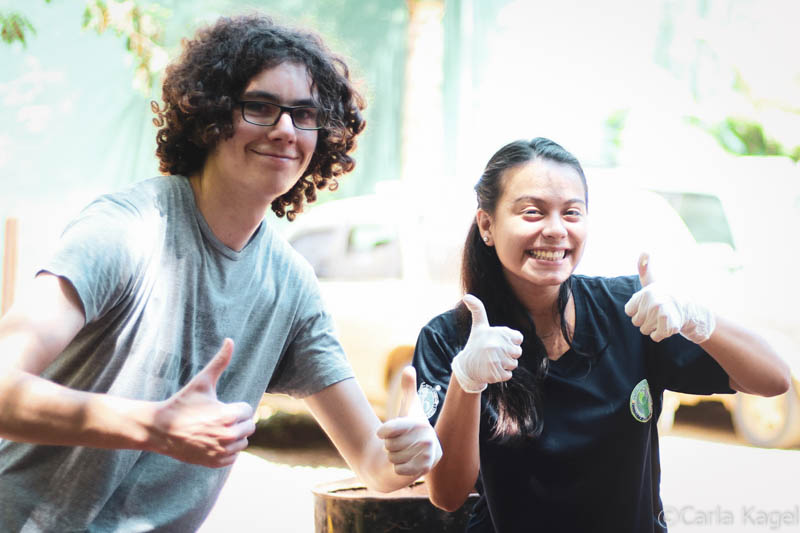Why send your child to camp? The benefits for your child will last much beyond the camp itself. The Model United Nations Institute highlights the many camp benefits which increase social skills and improve overall mental and physical health. A few of the most prominent include: learning from positive role models, the development of self-reliance and independence, and making new friends with people from different backgrounds. The Century Foundation also reports that “students’ exposure to other students who are different from themselves and the novel ideas and challenges that such exposure brings leads to improved cognitive skills, including critical thinking and problem solving.”
Another important aspect of academic summer camps is the preparation they provide for college and career life. MUN Institute reiterates that college admissions are growing more and more competitive and this then continues into the job search. Camps help students gain new skills that universities and employers are looking for, including communication abilities, critical thinking skills and motivation to focus on specific subject areas (Walsh, 2018). In our Futuro Verde College Counseling course, we specifically work on identifying hard (quantifiable) and soft (personal) skills, developing and strengthening them throughout the high school years.
Many of our very own Futuro Verde students have had the opportunity to attend camps or will be doing so in the future. Two of our students have recently returned from a music camp in Southern United States. When asked about the highlights of their experience…the first thing both students mentioned was the opportunity to meet new people from different cultures. They also both recognized the challenge of staying with a home-stay family but how it was a positive experience that made them grow as individuals. For one student, she found it a bit of a struggle to speak English the entire time, but was appreciative of having to go out of her comfort zone to communicate with her host family and other camp members. She also loved the Master’s class as she improved her technical skills in music. Traveling all on their own and the preparation for travel was a new experience and help them plan ahead and be responsible for many small details, whether it is from deciding which clothes to bring to finding city attractions to visit.
Two students who regularly attend a wilderness camp in the Northwest of the United States commented that their favorite memories include kitchen food raids with their counselor late at night, learning how to play ga-ga ball, and meeting new people who they hang out with for an entire week thus getting to know them better. They remember the skills and new games they learn and even find themselves singing camp songs upon their return home.
Several other students have had the opportunity to attend a local camp in San Jose which was service oriented. One student excitedly remarked about her favorite memory which was volunteering at a local non-profit organization because it was a fun experience and she enjoyed getting to help others. Another student who went to the same camp appreciated learning leadership skills, working as a team, and the fun activities they got to do with diverse groups of people.
All of the students who participated in camps reflected on the fact that going off to camp on their own brings about a lot of nervousness and excitement but that it is an exhilarating feeling traveling on their own and increases their independence. A father of children who attend camp regularly agrees with the independence piece – he believes it is an important life skill, working through homesickness at a young age, dealing with the ups and downs of camp life and being resilient enough to enjoy the overall experience. In short, camp can be an enlightening experience for both students and parents, teaching life skills that can endure a lifetime.


